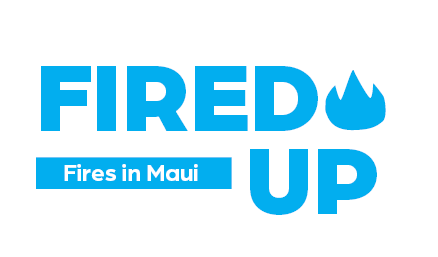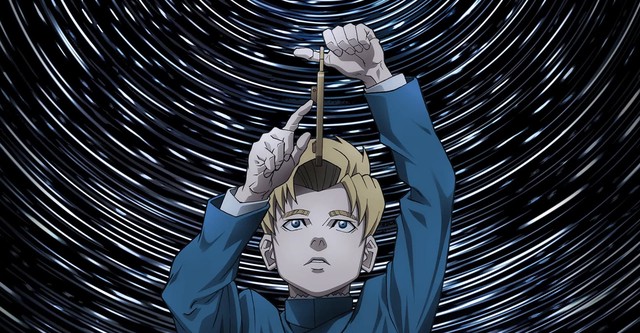
“A Hui Hou”
Commonly used at funerals and memorials, the phrase, which translates to “Until we meet again” in Hawaiian culture, is a sign of respect to loved ones and an encouragement of hope after a loss of life. “A Hui Hou” is a final phrase said by those parting with close friends and loved ones, one that was used across the island of Maui on Aug. 8.
Spreading across the island starting in early August, raging wildfires reduced Maui’s historic cities and sites to ashes—an estimated 4,281 acres burned, according to CBS. Approximately 167,730 residents live on the island, of which 91.6% are full-time citizens of Maui County. This includes a mix of Hawaii natives, visiting tourists and part-time residents, all victims of this tragedy—a tragedy with little explanation or reason for its massive death toll.
As of Tuesday, The New York Times stated that between 1,000 and 1,100 residents have been reported missing, with CBS reporting at least 115 dead as of Monday. With the Federal Emergency Management Agency currently designating over 2,000 Hawaii citizens as displaced and CBS reporting over 1,892 residential buildings burned to the ground, these fires have laid a massive hit to the people of Maui, leaving many still in confusion and anger over how the fires were handled—a justified feeling.
While multiple factors such as climate change and potential code violations from Hawaiian Electric contributed to the fire’s spread, the hardest to understand is how the protection of the Maui people was so mishandled and inadequate. Herman Andaya, now ex-head of Maui’s Emergency Management Agency, faced backlash from the Hawaiian people as well as citizens across the United States for his questionable decision—the decision to not ring Maui’s Emergency System alarms. Andaya justified his decision in a recent press conference, claiming he feared that residents would evacuate towards the flames, not away from them, as the sirens are also used for tsunamis, prompting residents to search for higher ground. However, with the sirens being tested once a month, Maui County residents have learned to recognize this signal as an “all-hazard” system, including hurricanes, flooding, volcanic eruptions and wildfires—a signal that residents must evacuate immediately.
If the sirens were sounded, the people of Maui would have been given another chance at life. A needed warning of incoming danger. A deserved right to save their own lives.
Instead, citizens faced distraught escape, with reports of some jumping into the ocean to escape the flames. Instead, citizens reported having “little to no warning,” according to The New York Times. Instead, power lines crashed and the 911 system went down, eliminating the opportunity for warnings to be sent through social media alerts.
Despite Hawaii’s close range to multiple environmental threats, their emergency management did not live up to their roles as public servants—verified through Andaya’s cowardly resignation. His failure to warn the citizens of Maui has not only led to an immense loss of life but will leave the island in economic ruin for an indeterminate time, with tourism generating an estimated 40% of the island’s Gross Domestic Product, according to the Wall Street Journal. In addition, the water systems of the island have now been contaminated with chemicals and debris from the fires, leaving an estimated 16% of residents with no clean water, no housing and no sense of protection.
In order for tragedies such as this to be better prevented, the local and state governments of Hawaii must allocate more spending towards preventative measures, and the remaining 49 states must stand with the Maui people. While some believe that failed safety checks of Hawaii Electric power lines led to the initial spark, increased temperatures and heat from climate change are also a factor, emphasizing the importance of the federal government’s acknowledgement of these environmental factors.
With an upcoming election for state representatives and for the 46th President of the United States, climate change and public safety measures should be at the frontlines of candidates’ agendas. To help support Maui financially, organizations such as Maui Strong, Maui Food Bank and Maui United Way provide rapid response, shelter and recovery aid to those affected.
In the end, the tragedies occurring to this day in Maui should remind all about the importance of well-managed safety systems and proper preparation for natural disasters. What if a hurricane swept through Florida with no proper warning? What if a tornado came through Seminole County and no authorities issued alerts? Floridians would be left with no food, water or electricity for days—just as the people of Maui. In an age where technology and the internet are at most peoples’ fingertips, the least that Andaya could have done—should have done—would have been to send a wildfire emergency notification to cell phones on the island. A simple notification could have saved countless lives and prevented Maui from the environmental, economic and cultural struggles they will surely now face.
“A Hui Hou” to an island once known for its beauty and allurement, “Aloha” to unprepared and ignorant leaders.














